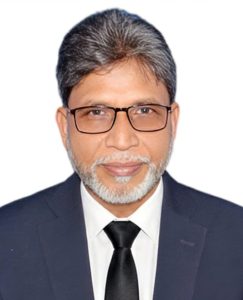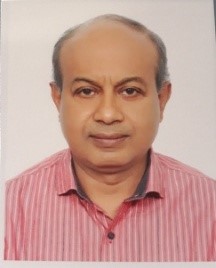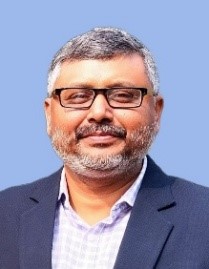Department of Community Medicine & Public Health
The Community Medicine & Public Health Department at Gonoshasthaya Samaj Vittik Medical College (GSVMC) is committed to excellence in teaching, research and service. Our faculty members are leaders in their respective fields, dedicated to advancing knowledge and providing high-quality education to our students. Rooted in the principles of social justice, equity, and primary healthcare, the department plays a pivotal role in shaping future physicians who are well-equipped to serve both urban and rural communities.
Departmental objectives
General objective:
To produce medical graduates to meet the country's community health needs and demands.
Specific objectives:
At the end of the course, the students should be able to:
- provide comprehensive health care to the people
- deliver primary health care and essential services package (ESP)
- conduct epidemiological studies on common health problems
- organize health education sessions in the community / OPD
- provide health care with efficient communication skills to the community
- work as a member of the local health team
- co-ordinate with national and international health organizations and different national health programs
List of Competencies to Acquire:
- Identify the health needs and problems of the community and prioritize them.
- Take measures to meet health needs and problems
- Provide comprehensive health care to the community
- Organize health education sessions at the community level
- Collect and compile socio-demographic data from the community
- To manage mass casualty incident
- Conduct community-based research work and write the report
Education:
Community Medicine & Public Health is one of the core subjects of the MBBS course. A unique feature of the department is its Community-based Medical Education (CBME) program, which aligns with GSVMC’s mission of producing socially responsible healthcare professionals. Through innovative teaching methodologies, students gain hands-on experience in:
- Epidemiology, Biostatistics and Public Health Research
- Disease prevention and health promotion
- Environmental and occupational health
- Maternal and child healthcare
- Nutrition and food security
- Health policy and primary healthcare management
Research:
The department is actively involved in research on non-communicable diseases (NCDs), maternal and child health, infectious diseases, climate change and social determinants of health. Faculty members collaborate with national and international organizations to conduct studies aimed at improving public health outcomes in Bangladesh.






